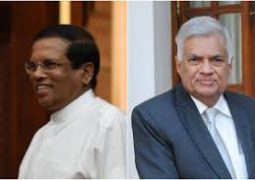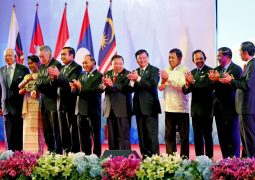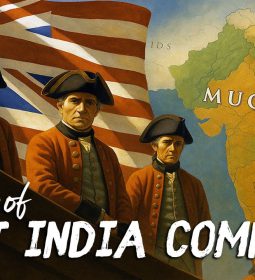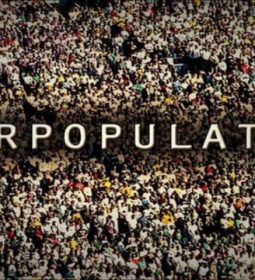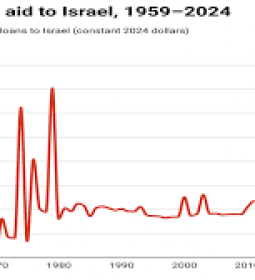Opinion: Hong Kong is ‘one of the unhappiest places I have been to’: British writer Rajeev Balasubramanyam
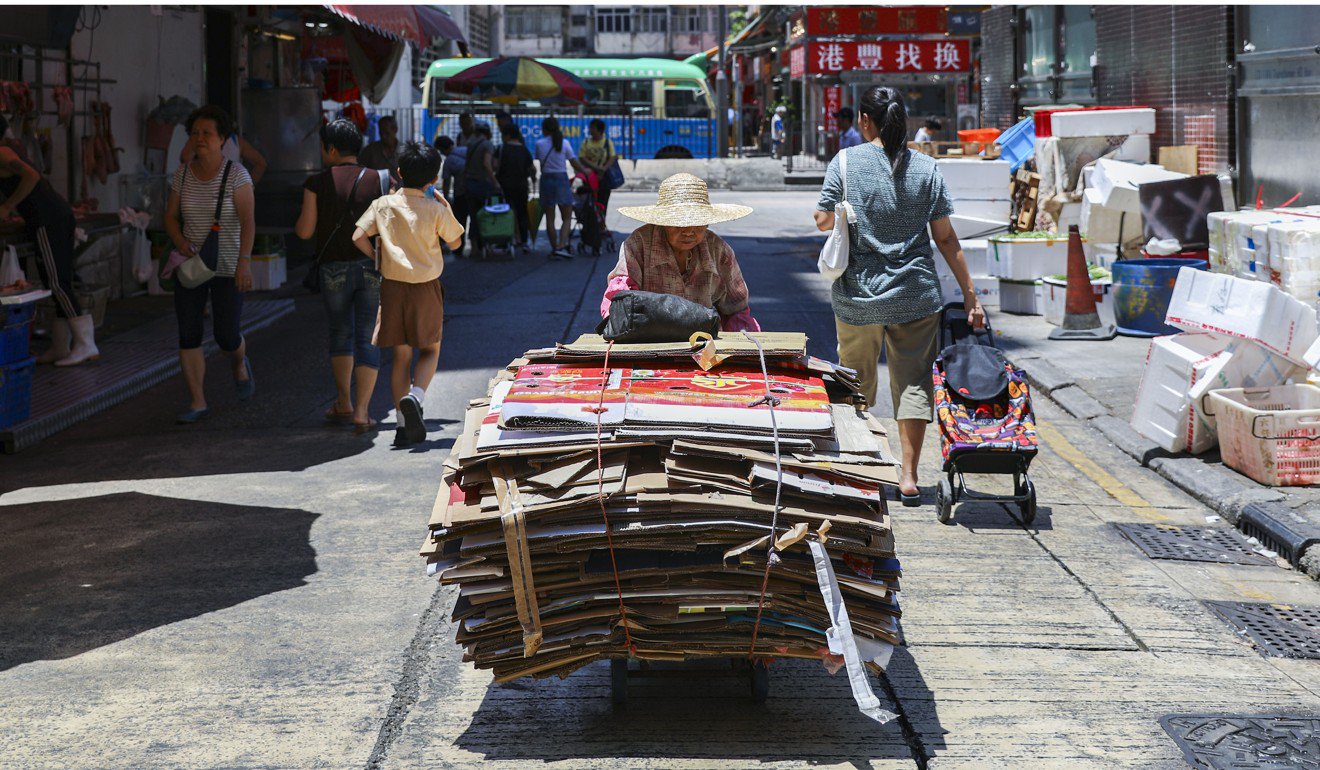
- Racism and anger sent the novelist down a path of self-destruction before a 10-day silent retreat changed the course of his life
- His latest book, Professor Chandra Follows his Bliss, explores the nuances of New Age and the spiritual search for happiness
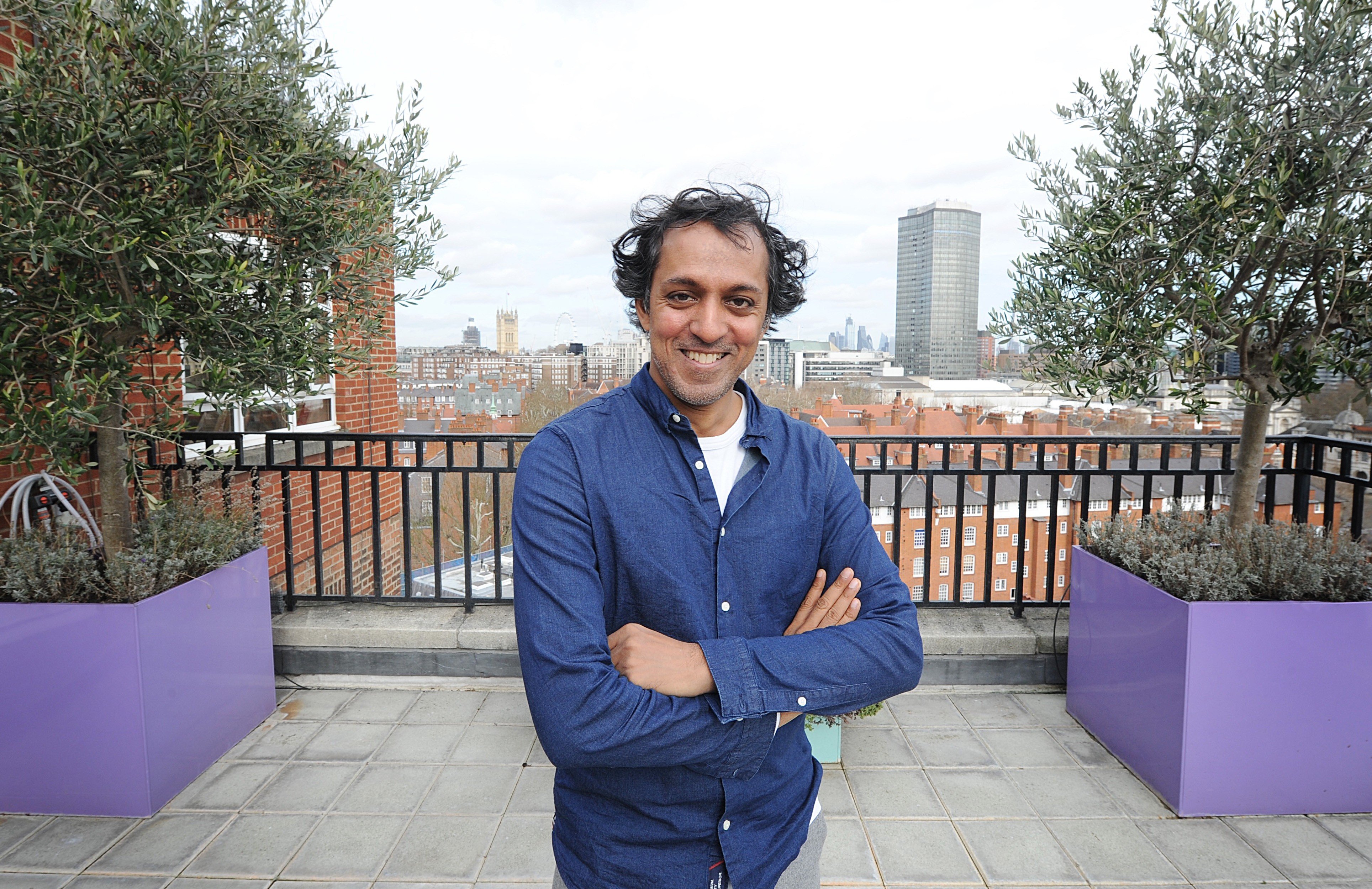
Early this year, British writer Rajeev Balasubramanyam was attending an Ayurveda retreat in the southern Indian state of Kerala. In an atmosphere of peace, healing and harmony, the 45-year-old overheard a group in conversation.
“There was a bunch of white women and men sitting around a table, talking about which yoga teachers they had been to, which yoga certificates they had got, where they had been. It sounded like big-game hunters in South Africa. It was …” Balasubramanyam reaches for the right word. “… creepy. It was only two or three levels down from sex tourists in Thailand.” He laughs. “Maybe don’t say that. But it was so acquisitive, so aggressive. Get the best you can, then take it back. Be a yoga teacher.”
For Balasubramanyam, the exchange was proof of a broader theory: that various spiritual disciplines, founded like yoga in the Eastern hemisphere, have been reinvented in the United States and repackaged under that broadest and vaguest of umbrellas, the “New Age”.
“It is very difficult to pin down,” he says. “The New Age is huge in Taiwan, Japan. In India, there are people, mainly the rich middle and upper classes, whose behaviour is more New Age than anything else. They may call themselves Hindus but it looks New Age to me.” He smiles. “Yoga has become more American than it is Indian. In fact, American yoga is now being sold back to India.”
Appropriation is when you simultaneously disrespect the place you have taken something from, are making it work for you and treating it like a fashion accessory
What disconcerted him in Kerala was partly political: it was a case of cultural appropriation.
“Appropriation is when you simultaneously disrespect the place you have taken something from, are making it work for you and treating it like a fashion accessory.”
As evidence, Balasubramanyam reaches for his phone and googles “yoga”.
“All you get are pictures of white women. In the US, they turned yoga into what they wanted it to be and made billions out of it. I find that quite disturbing.” He puts the phone away. “It’s the dehumanisation of the whole thing that worries me. You literally don’t have any idea [yoga] came from somewhere else, and you don’t care. It’s the global shopping mall. I am going to have that because I can. I am going to make money out of it because I can.”
Later, I realise this scepticism is born of a concomitant idealism about the New Age and its potential benefits.
“There are wonderful aspects to it, beautiful aspects, and genuinely wise people within the New Age. I have met people who are easy to satirise, who can come across as a bit ridiculous, can say some silly things, particularly if they are trying to talk about politics. There are dark aspects, ignorant aspects, racist aspects. On other levels, they can be really wise emotionally. It’s the whole spectrum.”
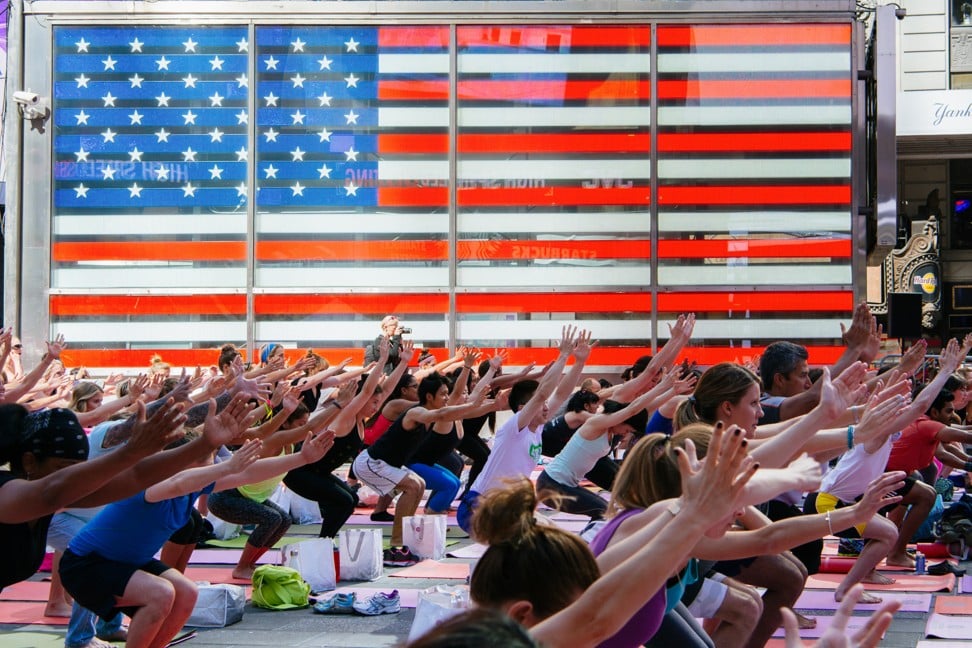
Balasubramanyam has given the matter considerable thought over the past few years. Supported by a Hemera Foundation fellowship for artists who practise meditation, he visited many New Age retreats across the US, translating what he saw into his excellent new novel, Professor Chandra Follows his Bliss.
Both the research and the book grew out of a long-standing personal interest. It is not a huge exaggeration to suggest that meditation saved Balasubramanyam’s life. Born in Lancaster, in the English county of Lancashire, to Indian parents, his family briefly moved to the US when he was about two years old before returning. The victim of sustained racial abuse from early childhood, he struggled with depression, anxiety, anger and alcoholism until he signed up to a famously austere Vipassana retreat in Hertfordshire, 12 years ago.
“Meditation became the centre of my life. It became what I did,” he says. “In about 10 years, I went from being a very angry person to a very calm person. The anger never goes, but I no longer had disproportionate angry reactions.”
If proof were needed of the New Age’s ubiquity, I find it five minutes before meeting Balasubramanyam, at the offices of his London publishers, a stone’s throw from the River Thames. My route takes me through Pimlico Underground station, where I am greeted by a “thought for the day”, handwritten on a whiteboard sign: “Tell the negative committee/That meets in your head/To sit down and shut up!/You can achieve that Dream.”
A spiritual practice that works successfully can’t be based on greed. It has to lead you to want to serve other people
What such feel-good epigrams do for London’s notoriously grumpy commuters is uncertain. In Professor Chandra Follows his Bliss, they are met with amused bafflement by Balasubramanyam’s central character. Having failed to win the Nobel Prize yet again, Cambridge University economics professor P.R. Chandrasekhar – Chandra for short – suffers the closest thing to a comic heart attack: he is knocked inelegantly over by a bicycle.
Depressed and disillusioned, he sets off on a quest to find the secret of happiness, which includes penitential meetings with his ex-wife and similarly alienated children, and visits to various New Age communities that are by turns funny and poignant. One of the stranger retreats is run by Sunny Chandrasekhar, the professor’s son, in Hong Kong. Having quit his high-flying job in high finance, Sunny has reinvented himself as an economics guru, preaching that the path to enormous wealth is positive thinking.
It doesn’t come as a huge shock when Balasubramanyam, whose serene, laid-back liberality is the polar opposite of Sunny’s twitchy ambition, disavows his ultra-materialistic twist on the New Age.
“A spiritual practice that works successfully can’t be based on greed,” Balasubramanyam says. “It has to lead you to want to serve other people, and be less concerned with sense gratification – less concerned with acquisition and numbers.”
This rejection says less about Balasubramanyam’s opinions of the New Age than it does his views of global capitalism. Affirmations and positive thinking are useful tools for navigating our insatiably covetous world.
“We all have to live in capitalist society and earn a living,” he says. “I think the entrepreneur’s mentality and the artist’s mentality are quite similar. You have to keep getting rejected and somehow find the motivation to come back. Motivational gurus and positive-thinking training become important for most of us who are trying not to go under because of pressure and competitiveness.”
There is no better advertisement for this than Balasubramanyam himself, who could be a poster child for the more reflective New Age therapies explored in his novel. He qualifies as one of the happiest, calmest and most thoughtful writers I have encountered, even when he excavates the most painful memories, such as that formative racial cruelty.
We begin with Hong Kong, where he lived for three years, from 2009 to 2012, as a research scholar at the University of Hong Kong’s Society of Fellows in the Humanities. When I ask for some highlights, he replies rather drily: “I played a lot of badminton.” While he also talks fondly about food and hiking, Balasubramanyam and Hong Kong did not hit it off.
People come to Hong Kong for one reason: to make money. And everyone is unhappy
“[Hong Kong] is effectively a creative desert. Maybe I shouldn’t say that. It’s not a place that values intellectuals or artists particularly. What it gives you is money. And intellectuals and artists need money.
“It made me realise I genuinely wasn’t that interested in money. Money always seemed nice. The university paid me well. The first time I ever really bought stuff was in Hong Kong. I thought, ‘This is OK, but it’s not really worth it.’”
In both Balasubramanyam’s real and fictional sketches of Hong Kong, money isn’t the root of all evil, so much as all sadness – something that seeps from the pores of the lonely Sunny.
“People come to Hong Kong for one reason,” argues Balasubramanyam. “To make money. And everyone is unhappy. It is one of the unhappiest places I have been to. I talked to students and young people who are doing what their parents tell them and don’t want to do it. For old people, if you are poor in Hong Kong, life is absolutely horrible. If you are rich, there is not much to do other than eat and shop. It’s quite empty.”
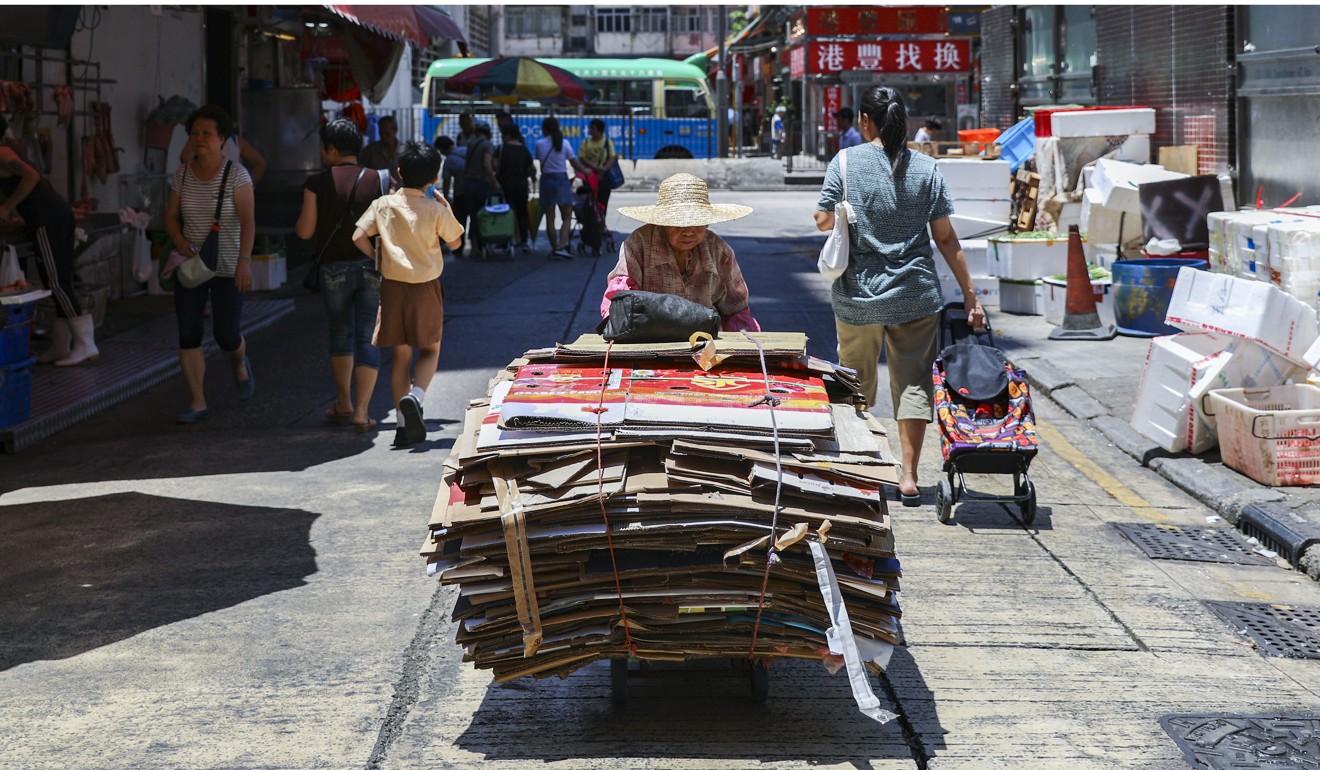
Balasubramanyam reports this dispassionately and even apologetically. Nevertheless, he had graver reasons than the economic for disliking the place.
“[Racism] was a problem,” he says. “I got stopped by the cops a lot. People wouldn’t sit next to me on the bus.
“I dressed then in a much more Bohemian way. I had a beard. People are seeing a working-class Indian who they don’t like. There are lots of stereotypes, including criminality. When they see you, people made a gesture that said, ‘He smells.’ There is a lot of that in Hong Kong. Only from the Chinese population. That was tough.”
One reason badminton proved so important was that it short-circuited the prejudice and allowed him to make “a lot of Chinese friends […] It got past the racism”.
Working-class racism was direct and violent […] Then there was the middle-class racism, which worked its way into your mind
I suspect his present composure owes much to a lifetime of suffering and overcoming bigotry even more extreme. This began in early childhood: “I experienced huge levels of racism. I grew up in Lancashire [in the villages of Galgate and then Forton, in the north of England] in the 1980s. It was extreme.”
His father, an academic economist like Professor Chandra, had accepted a job at Lancaster University.
“It was really, really crazy. It was like being dropped from a plane just randomly in some place,” Balasubramanyam says. “I almost don’t see it as migration in the traditional sense. You don’t choose the country, you chose the job.”
The hostility took two forms.
“Working-class racism was direct and violent. There could be warmth, too, depending on which side of the coin you got. People who were particularly vicious to you could be kind the next day.” Then there was the middle-class racism, which worked its “way into your mind to explain carefully and passive-aggressively why you are inferior”.
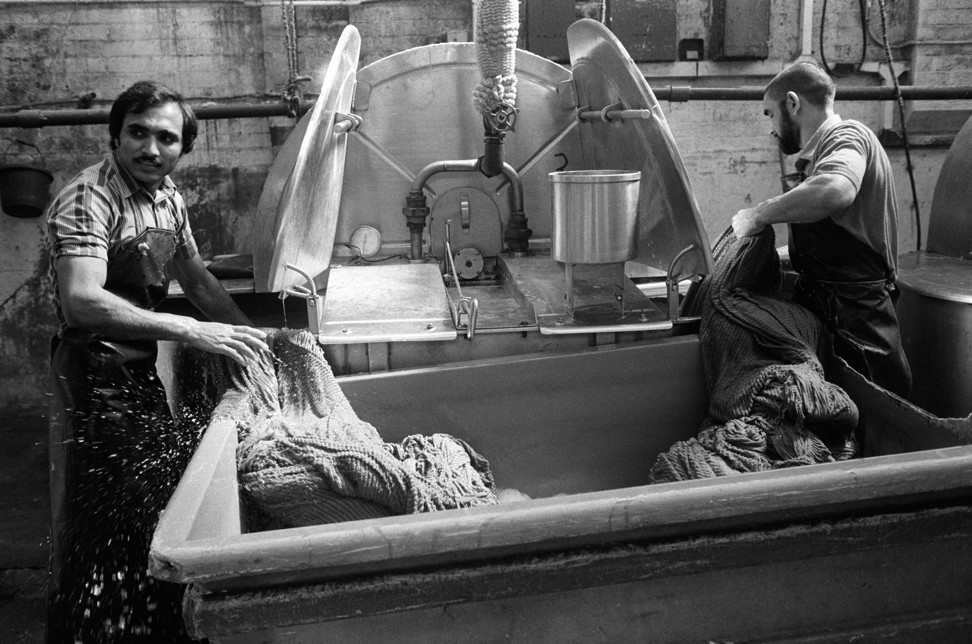
Balasubramanyam’s isolation amplified the devastating consequences. This was in parts cultural, social and political.
“Now there are more south Indians in the UK, but in the 1980s, there were very few. There was no sympathetic witness. That is why I always say I began writing and meditating. To be my own sympathetic witness.”
But it was also personal. His own family were unable, unwilling and perhaps too frightened to confront what was happening.
“There was no conversation about it. I think it was colonial conditioning. I think they had [the abuse] first. They had no sense of distance, or having a right to resist. It felt like it was semi-deserved.”
Whether physical or mental, the racial violence not only destroyed his self-esteem, it brainwashed Balasubramanyam into believing it was merited.
Self-love becomes very difficult after you have been on the receiving end of hatred for so long. Racism was one of the reasons I found myself in trouble psychologically and needed a way out
“Self-love becomes very difficult after you have been on the receiving end of hatred for so long. Racism was one of the reasons I found myself in trouble psychologically and needed a way out.”
Solace of sorts was provided by embryonic interest, first in spirituality: “I began taking hallucinogens as a teenager. I say it as a joke but it was actually quite serious.” Later, Marxism helped him “understand concepts of exploitation, oppression and colonialism”. On the flip side, it also made him “tremendously angry to the point of actually being full of hatred, which didn’t help me be a happier person. I would do all kinds of stupid things. I once tried to elbow a cop. I was really flipping out about racism at one point”.
Balasubramanyam had also developed a drink problem. In his early 30s, he enrolled at a Vipassana retreat in Britain run by one of the practice’s leading lights, S.N. Goenka.
“I had tried everything else. I was in a very bad way,” Balasubramanyam says. “The only thing I could think of was this 10-day meditation course that I had been hearing about for years but been too scared to try.”

There was good reason to be intimidated. The rules stipulated by Goenka include: total silence for nine days, waking at 4am, fasting after midday, no eye contact, no reading. All of which serves the central purpose: to spend 10 hours a day learning to meditate. The results were rapid and, from the sound of it, traumatic.
“It was almost instant self-awareness. I had a breakdown. It was really scary,” recalls Balasubramanyam. “It was like holding up a mirror to myself. I couldn’t stop crying and I couldn’t stop saying I didn’t like myself. I started to realise I had been badly mistreated, pretty much all my life. That gave rise to a lot of depression, anxiety and, finally, anger. I had to work through all these things. It was like I was letting it out.”
Despite his evident devotion, Balasubramanyam is even-handed when narrating his path towards enlightenment, acknowledging, for example, the narcissistic possibilities in such “self-improvement”.
“Once you feel you are onto something that works, you begin to pity people who are not onto it. You start to see yourself as superior to people not doing what you’re doing.”
At a moment when so many people in the US are throwing off religion, they are still looking for something other than capitalism
Professor Chandra Follows his Bliss presents a similarly balanced account, swaying gracefully between gentle satire of New Age absurdity and open-minded attraction to its spiritual benefits. Balasubramanyam detects similar tensions at the heart of mysticism in general.
He tells me about his uncle, who among other things is a reiki master. “He says he’s a god, actually,” he corrects himself with a laugh. “He says that Ganesh [the elephant-headed Hindu god] visits him in his living room. What I realised is a guru doesn’t have to be fake or genuine. You can be both. You can say completely ridiculous things, be a total hypocrite, and also have aspects that are really interesting and perceptive.”
The contrasts propelling the popularity of New Age religion reflect both its inherently eclectic, patchwork nature – a loose blend of meditation, yoga, psychology, motivational speaking – and its ability to mutate as it travels around the globe.
But above all, Balasubramanyam argues, the incongruities are a product of the New Age’s true home: the US. Here is a religion that explicitly tries to accommodate individualistic materialism and genuine spiritual thirst.
“They are trying to create a religious practice that is relevant to their circumstances,” he says. “These are at once defined by the highly competitive nature of capitalism and also frustrated by it. At a moment when so many people in the US are throwing off religion, they are still looking for something other than capitalism.”
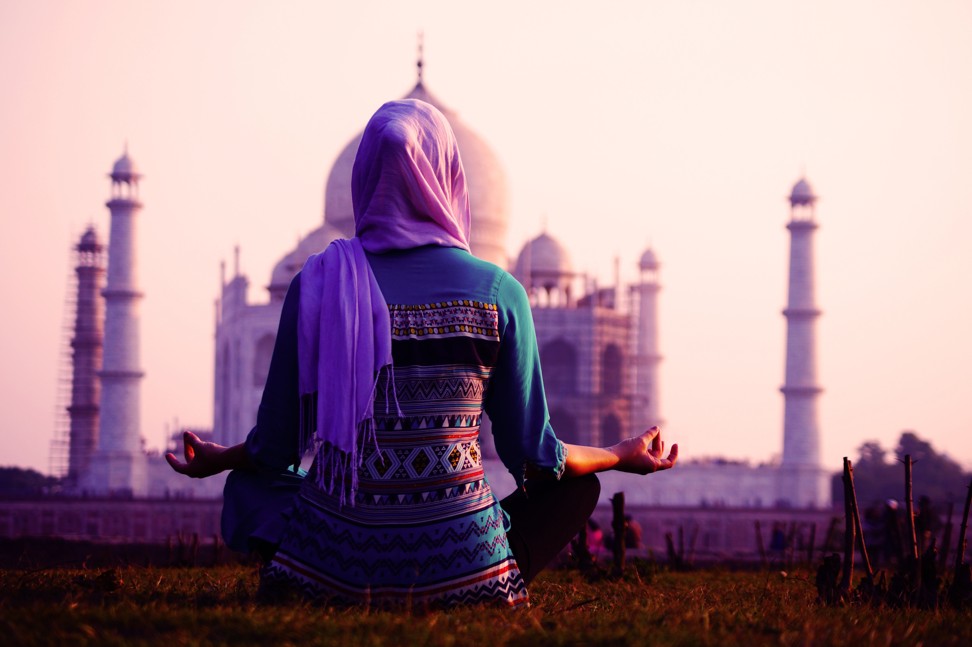
The result fuses “lifestyle” and religion. “They form communities online that are not geographically defined. They meet because they are like-minded.” And while sceptics find its intellectual vagueness infuriating and ludicrous, for its disciples, this is the New Age’s primary selling point. “The New Age is accepting of pretty much anything that sounds and feels right. You get things that in my opinion are quite crazy, things that are quite beautiful.”
Present here are hints of the religion’s darker side.
“One of its tenets has become, ‘Distrust traditional logic and rationality’, which I don’t think is a good idea. The danger is people can be easily manipulated. This happens all the time in the US.”
Equally worrying is the precariousness of the balance between genuine spiritual engagement and cutthroat materialism. “You [can] become competitive about your spirituality. Competing with yourself, competing with other people. ‘I am more spiritual than you.’ Or ‘I am not spiritual enough, so I have to loathe myself.’”
China and India are producing really, really powerful people who are going to swing the balance. Empires rising and falling are moments in history when people become very anxious and very angry. We are in one of those moments
These anxieties are small fry compared with the apocalyptic fears the author believes are driving the New Age’s vogue.
“We have reached a point where species extinction is on our minds.” He names climate breakdown, nuclear war, a rise in fascism, inequality, even artificial intelligence. “There is universal awareness that it will be very hard to recover from the point we are at now.”
Intensifying this process, at least in Western nations, is sharpening consciousness of their own waning power, as China and India grow ever richer. He cites his family’s native place, Bangalore. Despite continued social inequality, the capital of the southern Indian state of Karnataka has witnessed a steep rise in billionaires and middle-class affluence.
“China and India are producing really, really powerful people who are going to swing the balance. Empires rising and falling are moments in history when people become very anxious and very angry. We are in one of those moments.”
When I ask how Balasubramanyam navigates such turbulent waters, he points to writing and travel.
“The unfamiliar makes me very happy. The familiar makes me less happy.” Anchoring everything is meditation. “I started wondering recently whether I was committed to it or not. Is this really permanent? Is this who I am?” Balasubramanyam tested his dedication by swapping meditation for cigarettes, of all things, “just to see what would happen”. And what did happen?
He quit smoking and resumed meditation, he says with a smile. “I realised I really was getting somewhere.”
South China Morning Post
- Previous How the latest South China Sea tensions could rekindle a Manila-Washington alliance
- Next How Hong Kong and Macau have provided China with ‘a sunny place for shady people’




